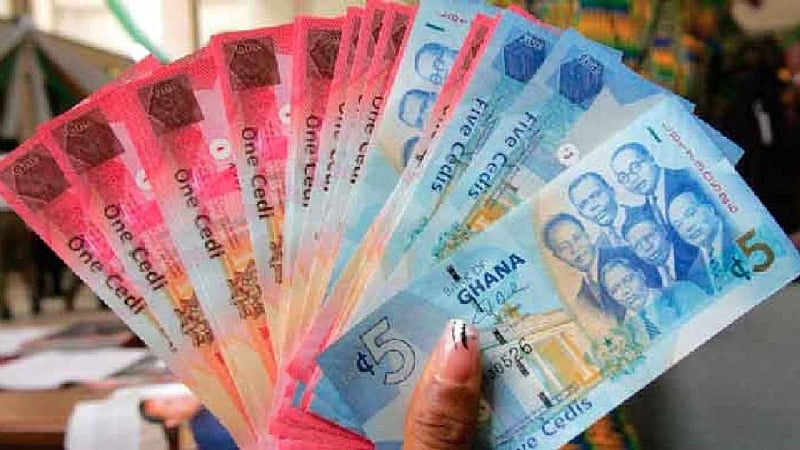As of November 7, 2024, the Ghanaian Cedi has shown a slight depreciation in its selling rate against the United States dollar, declining by one pesewa. The selling rate now stands at GHS16.79, while the buying rate remains steady at GHS16.33 based on updates provided by Cedirates.com, a leading platform for currency and fuel price updates in Ghana. At this time, the Cedi is trading at a slightly different interbank rate—GHS16.41 for purchasing and GHS16.43 for selling against the US dollar. The stability in buying rates indicates a cautious approach among investors and consumers in the face of fluctuating currency values.
In terms of other major currencies, the British Pound and the Euro also reflect significant rates against the Cedi. For the Pound Sterling, the average buying rate is GHS20.90 with a selling rate averaging GHS21.77. Similarly, the Euro sees purchasing and selling rates of GHS17.42 and GHS18.19, respectively. These rates highlight the broader trends in foreign exchange and the inherent fluctuating value of Ghana’s local currency in global commerce. The Bank of Ghana’s interbank market rates also indicate a selling price of GHS21.18 for the Pound Sterling and GHS17.64 for the Euro, demonstrating the varied rates present in different trading contexts.
Money transfer services such as LemFi and Afriex provide additional insights into the practical implications of the Cedi’s exchange rates for those looking to send funds into Ghana. These services are currently offering exchange rates of GHS16.30 and GHS15.66 for each US dollar sent from the US and UK, which is notably lower than the official rates. Similarly, for the British Pound, the two platforms show buying and selling rates of GHS21.20 and GHS20.69, respectively, reflecting a competitive edge for these money transfer services. Such rates provide a crucial context for Ghanaians abroad seeking to assist family and friends in Ghana with their remittances.
For those making payments for international subscriptions, the situation remains equally dynamic. Visa and Mastercard users renewing subscriptions to services like Netflix, Spotify, or Apple Music will encounter exchange rates of GHS17.57 and GHS17.55 per US dollar, increasing the total cost of these services for Ghanaians. This subtly underscores the monetary pressures associated with global consumption patterns in the context of fluctuating currency values, urging consumers to be vigilant about their expenses in foreign currencies.
Moreover, the Cedi’s performance in the foreign exchange market can be influenced by a multitude of factors, including economic policies, inflation rates, and changes in the global market dynamics. Investors and analysts closely monitor these trends to assess the potential for further depreciation or recovery of the Cedi. Market sentiment driven by local economic conditions and international expectations heavily impacts the Cedi’s strength, reinforcing the need for caution among those engaging in foreign exchange or international business.
In conclusion, as the Ghanaian Cedi navigates its ongoing variances against major currencies like the US dollar, British Pound, and Euro, the implications extend beyond mere exchange rates. These fluctuations affect everyday Ghanaians, particularly those relying on remittances and international services. The current rates, while reflecting a temporary situation, highlight the importance of financial literacy and strategic planning among consumers and businesses alike as they adapt to the complexities of a globalized economic environment. Understanding these rates and their underlying causes becomes essential in effectively managing finances in an ever-changing marketplace.














